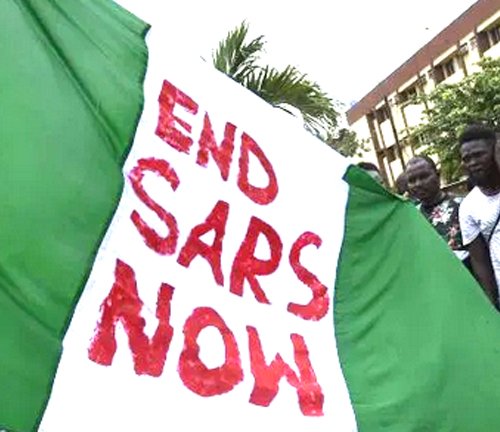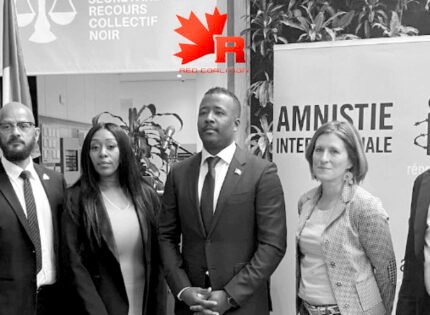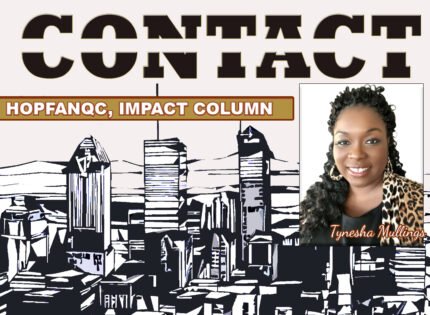Rosie Awori (LJI)
Africa is bleeding


“We want to appeal to the Nigerian government to stop killing us, we just want to speak out against police brutality and corruption.”
One protestor speaks on TV and his voice breaks as he recounts the events of October 20, in Nigeria.
For the past month, Nigeria has been rocked by nationwide protest against the Special Anti-Robbery Squad (SARS) group. And on October 20, Nigerian military opened fire on unarmed protesters killing 10 and injuring scores.
And in response the Nigerian government said the citizens shouldn’t have been out protesting as there is a curfew underway. But the Nigerians cry remains: End SARS and Stop Police brutality.
The SARS group was first formed in 1992 to target violent crime in the Nigerian capital, Lagos. It operated anonymously, with its 15-member team patrolling the streets in plain clothes and traveling in unmarked buses.
However, the unit became synonymous in the country with police brutality, and its abolition remains the focus of the protests.
The protests began in early October following reports that a young man in the Delta State of southern Nigeria had been killed during a “stop and search,” operation. Police have continually denied SARS involvement in the man’s death.
Graphic footage posted online on what is being termed as “Bloody Tuesday,” showed demonstrators fleeing as gunfire and sirens rang out, with some trying to remove shrapnel from wounded protesters.
Just hours before, videos widely shared online showed protesters waving Nigerian flags, singing the national anthem and solidarity songs and chanting the names of victims of police brutality.
Police harassment and abuse are often cited as a problem by young people in Nigeria with many claiming the SARS unit’s crime-fighting tactics have warped into criminal behavior of their own.
Nigeria’s president, Muhammadu Buhari, has been criticized for his muted response. A spokesperson for Buhari is quoted as saying “The presidency appeals for understanding and calm.”
More than 30 lawmakers urged Buhari to face the public.
“We call on the president to address the nation and take concrete actions to respond to the demand of the protesters,” they wrote.
The protests and clampdown have captured international attention.
On Wednesday the UN secretary general, António Guterres, condemned “the violent escalation on 20 October in Lagos which resulted in multiple deaths and caused many injuries”.
The US Democratic presidential nominee, Joe Biden, the UK foreign secretary, Dominic Raab, and the archbishop of Canterbury, Justin Welby, also joined widespread condemnation of the killings.
“The Nigerian government must urgently investigate reports of brutality at the hands of the security forces,” Raab said, adding that he was “alarmed by widespread reports of civilian deaths.”
Prominent Nigerian musicians including Burna Boy, WizKid, and Davido have spoken out in support of the protestors in Nigerian cities including Lagos and Abuja plus cities from the Nigerian diaspora, including Atlanta, Berlin, New York, and London.
Canadian rapper Tory Lanez also took to his Instagram asking the world to pay attention to Nigeria and asked for the brutality to stop.















